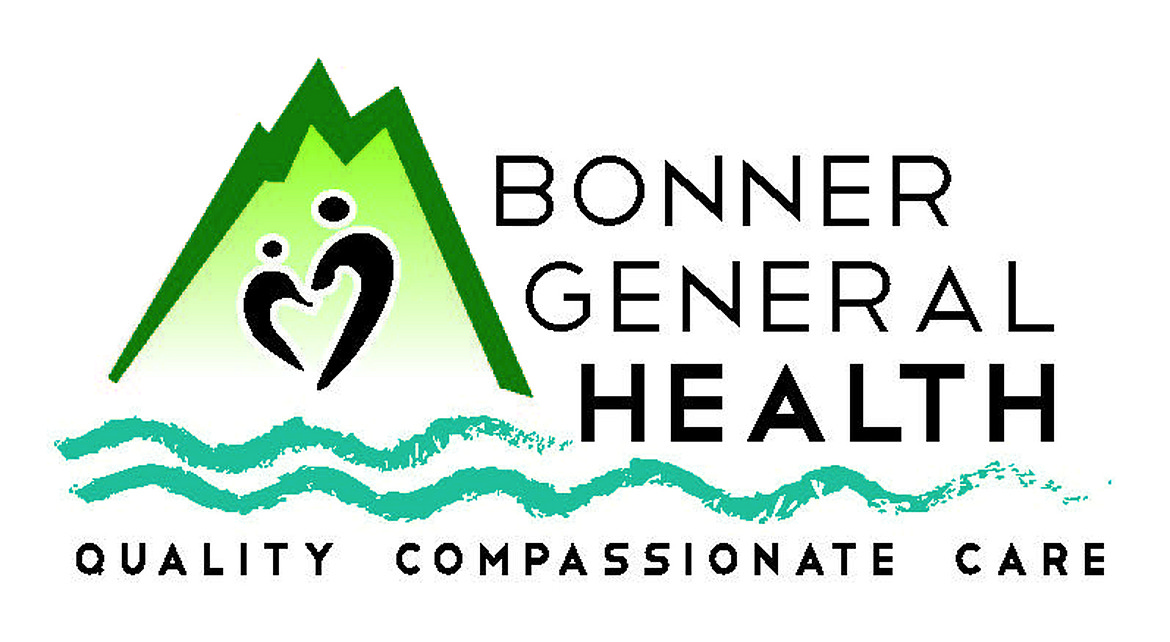Aphasia takes a lot of patience
His name is Ricky, and he's 37 years old. A computer programmer by profession and an avid basketball player, Ricky had a stroke three years ago, which left him with aphasia and other conditions. I found his story and many others on the website, www.facesofaphasia.com.
"I was at home. I was exercising. I had a headache. Then, I blacked out," he said. "I am still working on getting better. Exercising every day has helped me. My family has been by my side. I feel hopeful to see more progress. Aphasia takes a lot of patience."
Aphasia is the inability to communicate. It can affect your speech, ability to write, and understanding of verbal or written language. It typically occurs suddenly after suffering a stroke or head injury.
"But it can also come on gradually from a slow-growing brain tumor or a disease that causes progressive, permanent damage. The severity of the aphasia depends on a number of conditions, including the cause and the extent of the brain damage," Mayo Clinic explains.
Aphasia is always a sign or result of some other condition, so if you or someone you know begins to speak in short or incomplete sentences, speak in sentences that don't make sense, substitute one word for another or one sound for another, it's critical to get medical attention right away.
Add to that list speaking unrecognizable words (gibberish), not understanding what other people say to them, or writing sentences that make no sense. If you don't know the cause, it's time to find out what it is because it's a medical emergency.
The National Institutes on Health says that there are two broad categories of aphasia: fluent and non-fluent, and there are several types within these two groups. It all depends on which part of the brain is affected.
"Damage to the temporal lobe of the brain may result in Wernicke's aphasia, the most common type of fluent aphasia. People with Wernicke's aphasia may speak in long, complete sentences that have no meaning, adding unnecessary words and even creating made-up words," NIH explains.
When the brain's frontal lobe is damaged, it results in the most common type of non-fluent aphasia called Broca's aphasia. People with Broca's often have right-sided weakness or paralysis of the arm and leg because the frontal lobe also controls them.
"People with Broca's aphasia may understand speech and know what they want to say, but they frequently speak in short phrases that are produced with great effort. They often omit small words such as "is," "and," and "the."
And then there's global aphasia, which "results from damage to extensive portions of the language areas of the brain. Individuals with global aphasia have severe communication difficulties and may be extremely limited in their ability to speak or comprehend language," NIH says.
Mayo says that sometimes temporary episodes of aphasia occur. This can be caused by migraines, seizures, or a transient ischemic attack (TIA). When these episodes happen, regular communication skills are restored in a short amount of time.
Having aphasia doesn't affect intellect, mind you, unless it's a result of generalized dementia. So, when trying to communicate with a person with aphasia, it's important to remember that the words are still in there, they just aren't coming out.
The best course of action for family, caregivers, and friends is speaking slowly and simplifying sentences. It would help if you allowed the person time to talk. Mayo says that you shouldn't "finish sentences or correct errors, though it's okay to ask questions if you're not sure about the intended meaning. For example, you could ask, 'Are you saying you want juice?'"
Other advice includes keeping conversations one-on-one, reducing distracting noises, keeping paper and pencils available so you can write out a short sentence or make a quick drawing to explain something. You should involve the person with aphasia in conversations as much as possible and check for comprehension. It's a good idea to summarize what you two have discussed.
Speech therapy and group sessions are also extremely helpful for those with aphasia. Bonner General Health's physical, occupational, and speech therapy services can guide you to successful treatment. Their phone number is 208-265-3325.
Kathy Hubbard is a member of the Bonner General Health Foundation Advisory Council. She can be reached at kathyleehubbard@yahoo.com.



